The Role of Water Rights in Utah Property Ownership
The Role of Water Rights in Utah Property Ownership
Water is one of Utah’s most valuable—and complex—natural resources. In a state known for its dry climate and growing population, understanding how water rights impact property ownership is crucial for anyone buying, selling, or developing land. Whether you’re looking at farmland, a mountain cabin, or a new residential subdivision, the availability and legality of water can significantly affect property value, land use, and long-term investment potential.
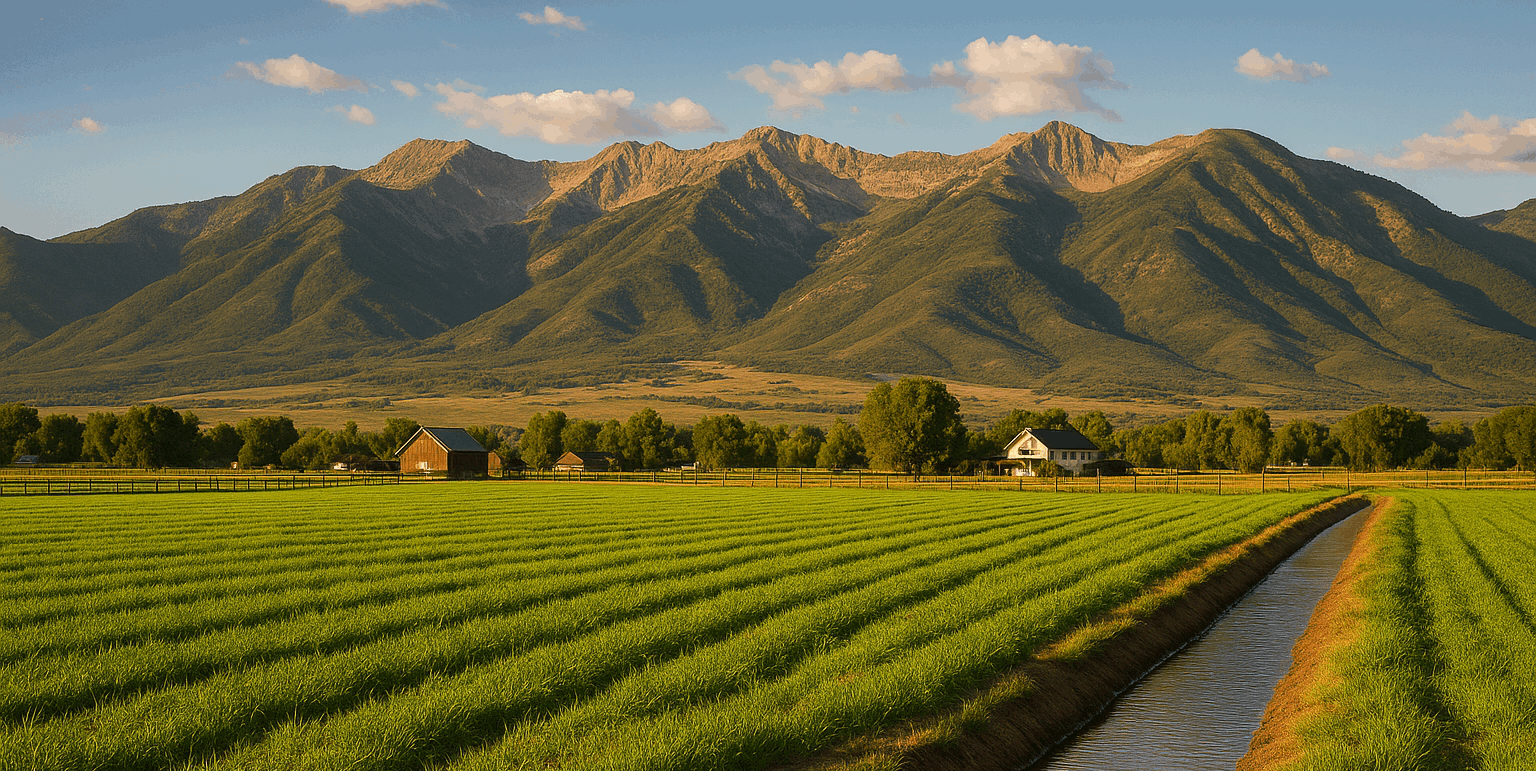
Understanding Utah’s Water Rights System
Utah follows the doctrine of prior appropriation, often summarized as “first in time, first in right.” This means that the first person to put water to beneficial use and obtain a water right has priority over others who claim rights later. In times of drought or shortage, senior water rights holders are entitled to receive their share before junior rights holders.
Unlike some states, owning land in Utah does not automatically include the right to use water on or under that property. Water is considered a public resource administered by the Utah Division of Water Rights, and individuals must apply for, transfer, or purchase rights separately.
Types of Water Rights in Utah
There are several kinds of water rights and uses recognized by Utah law:
-
Surface Water Rights: Cover rivers, streams, and lakes. These are the most traditional form and often come with agricultural or irrigation properties.
-
Groundwater Rights: Govern the use of underground aquifers through wells. Groundwater rights are common in rural or off-grid properties.
-
Shares in a Water Company: Many Utah properties, especially in residential areas, receive water through a mutual irrigation company. Owning shares in that company grants you access to a specific portion of its water supply.
-
Water Use Permits: Temporary permits or changes to existing rights may be issued for short-term projects or development.
Each of these types comes with unique regulations, usage limits, and transfer processes that must be carefully reviewed during real estate transactions.
Why Water Rights Matter for Property Buyers and Owners
-
Property Value:
Land with secure, transferable water rights typically holds higher value—especially agricultural or ranch land. Without water rights, property use may be severely restricted. -
Development Potential:
If you plan to build a home, subdivide, or develop a commercial project, you must prove an adequate and legal water supply to obtain building permits. In Utah’s growing communities, this requirement is often a key limiting factor. -
Agricultural Use:
For farms and ranches, water rights are often more important than the land itself. Crop yields, livestock, and irrigation all depend on consistent access to water. -
Legal Disputes and Priority:
In drought years, disputes over water allocation are common. Senior rights holders are protected, but junior rights can be curtailed or even temporarily suspended. Understanding the priority date of your water right is essential. -
Environmental and Conservation Rules:
Some areas in Utah, particularly near wetlands, streams, or lakes, have environmental restrictions that may limit how water is diverted or used.
Verifying Water Rights Before You Buy
When purchasing property in Utah, it’s not enough to assume that a water source—such as a well or nearby stream—comes with legal rights. Buyers should:
-
Search the Utah Division of Water Rights database to verify if the property has active, approved, or expired water rights.
-
Request documentation from the seller, including proof of ownership, water right numbers, and company shares if applicable.
-
Consult with a water rights attorney or title company experienced in water law to confirm the rights are valid and transferable.
-
Check local regulations, as certain municipalities or irrigation companies may have specific requirements for water use and metering.
Water Rights in Northern Utah and the Ogden Valley
In regions like Ogden Valley, Huntsville, Eden, and Liberty, water rights are an especially important consideration. Much of the valley’s water supply comes from Pineview Reservoir and surrounding mountain runoff, and many properties rely on shares in local water companies such as Wolf Creek Water or Nordic Mountain Water.
Because these rights are tied to limited mountain watershed resources, they can be tightly controlled—and extremely valuable. Developers in the valley must often acquire and dedicate water rights to local districts before new construction can proceed.
Protecting Your Water Investment
Owning water rights in Utah is a privilege that comes with ongoing responsibility. Rights can be forfeited if unused for five consecutive years, so maintaining “beneficial use” is critical. Additionally, rights can be leased, sold, or changed with approval, but each transaction must go through the state’s administrative process.
If you already own water rights, it’s smart to:
-
Keep detailed records of water use.
-
File timely proof of beneficial use with the state.
-
Consult with professionals before transferring or modifying any rights.
Final Thoughts
In Utah real estate, water isn’t just a natural resource—it’s a cornerstone of property value and long-term viability. Whether you’re buying a home with irrigation shares in Weber County or investing in land near Moab or St. George, understanding the role of water rights can save you from costly surprises down the road.
Before finalizing any purchase, make sure to confirm what water rights come with the property, their legal standing, and their historical usage. In a state where every drop counts, due diligence on water can make or break your real estate investment.
Categories
Recent Posts

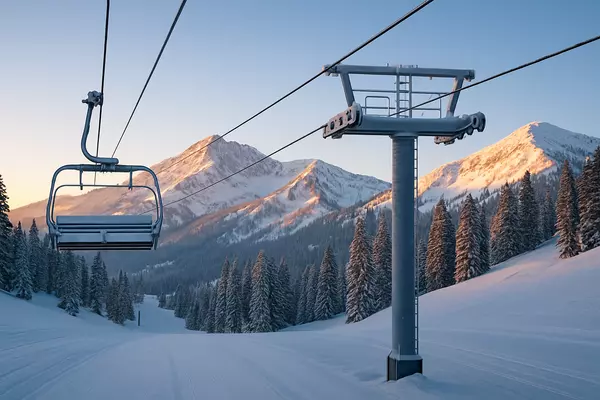
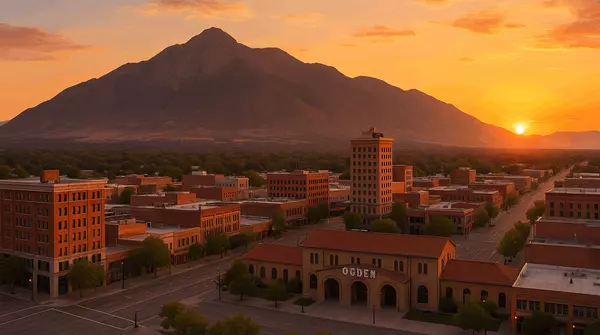

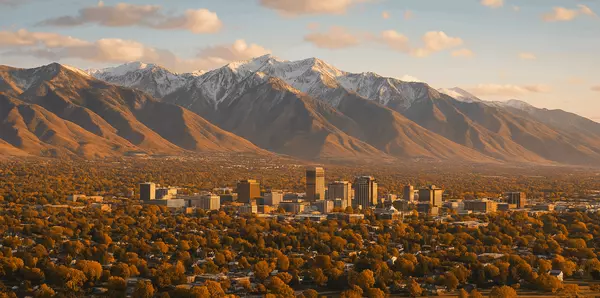




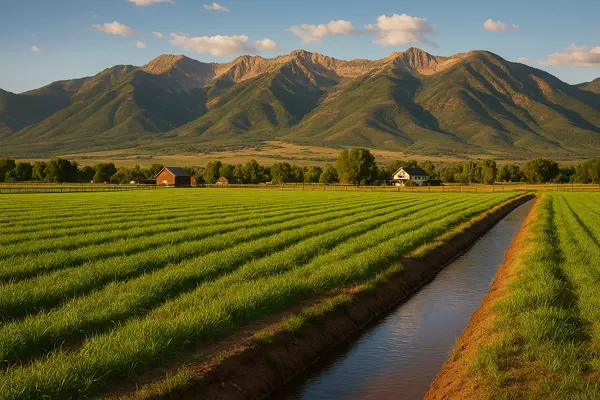
GET MORE INFORMATION

Agent | License ID: 14225128-SA00

